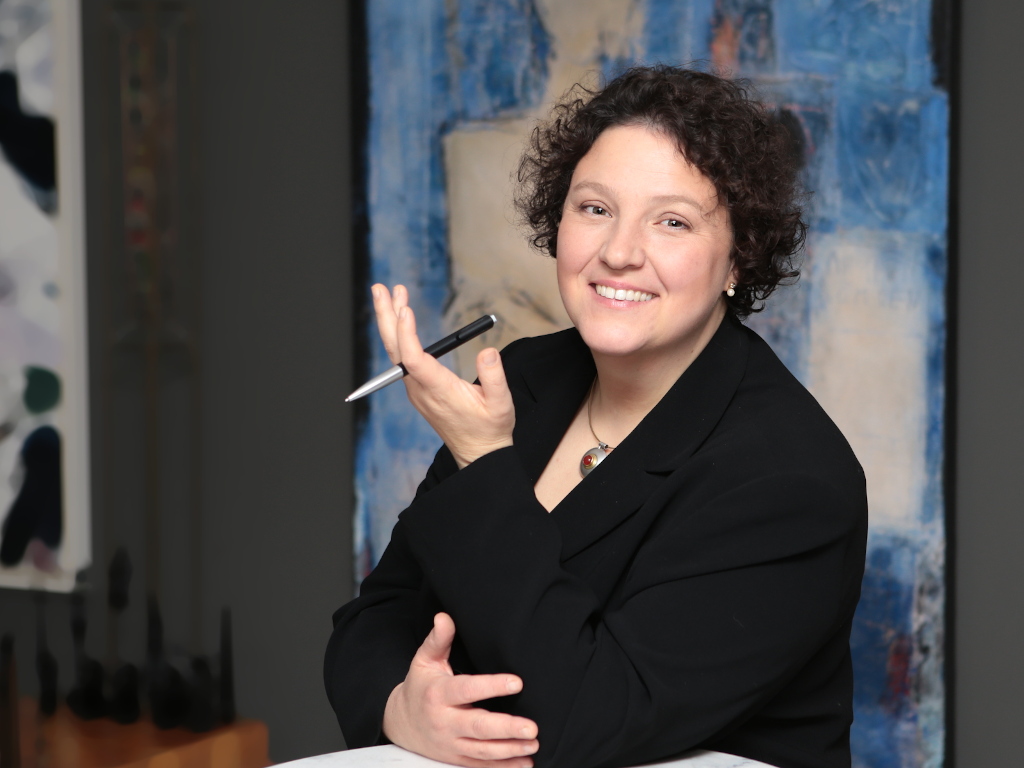News & press releases
Women and STEM: LEGaTO researcher talks about her experience as a woman in academia

Sigrun May is a researcher in the Helmholtz Centre for Infection Research (HZI). She works in the LEGaTO project focusing on minimizing the execution time of algorithms to find biomarker candidates. In this interview, May shares her journey to becoming a computer scientist and talks about her experience working in the male-dominated STEM industry.
How did you become interested in computer science?
My path to computer science was quite straightforward. My father and three younger brothers are computer scientists so I suppose you could say it runs in the family. When I was a child I became curious about computers and began to build one from old parts my father didn’t need anymore. My first hard disk had a capacity of 1MB and was quite big. When I started programming, I liked best about it being able to influence my computer. For me that was a great skill that I wanted to continue developing.
What are your responsibilities in the LEGaTO project?
Within the LEGaTO healthcare use case I am working on the discovery of biomarker candidates. Biomarkers are indicators of biological states or conditions and are used in many scientific fields. My challenge within the project is finding a way to make an algorithm with a long computation time executable in a reasonable amount of time.
What is your experience working in the LEGaTO project?
While there are many reports of gender discrimination in academia, my experience overall has been positive. During my studies I was never discriminated against. But having young children meant that I had time constraints that prevented me from pursuing certain opportunities and options. Time had always been my personal bottleneck and working for the LEGaTO project has helped me to overcome this bottleneck. I am very free in my time management and at the same time I have interesting and meaningful tasks. In the LEGaTO project there is no question that I am valued for my expertise, regardless of my gender. In fact, I have the impression that I am very much respected by all colleagues in this project.
Do you have any advice for women who are interested in STEM?
I encourage all women who are interested in mathematics and computers to work in computer science. While the field of STEM is still very male-dominated, there is a sense of respect and equality among peers.

